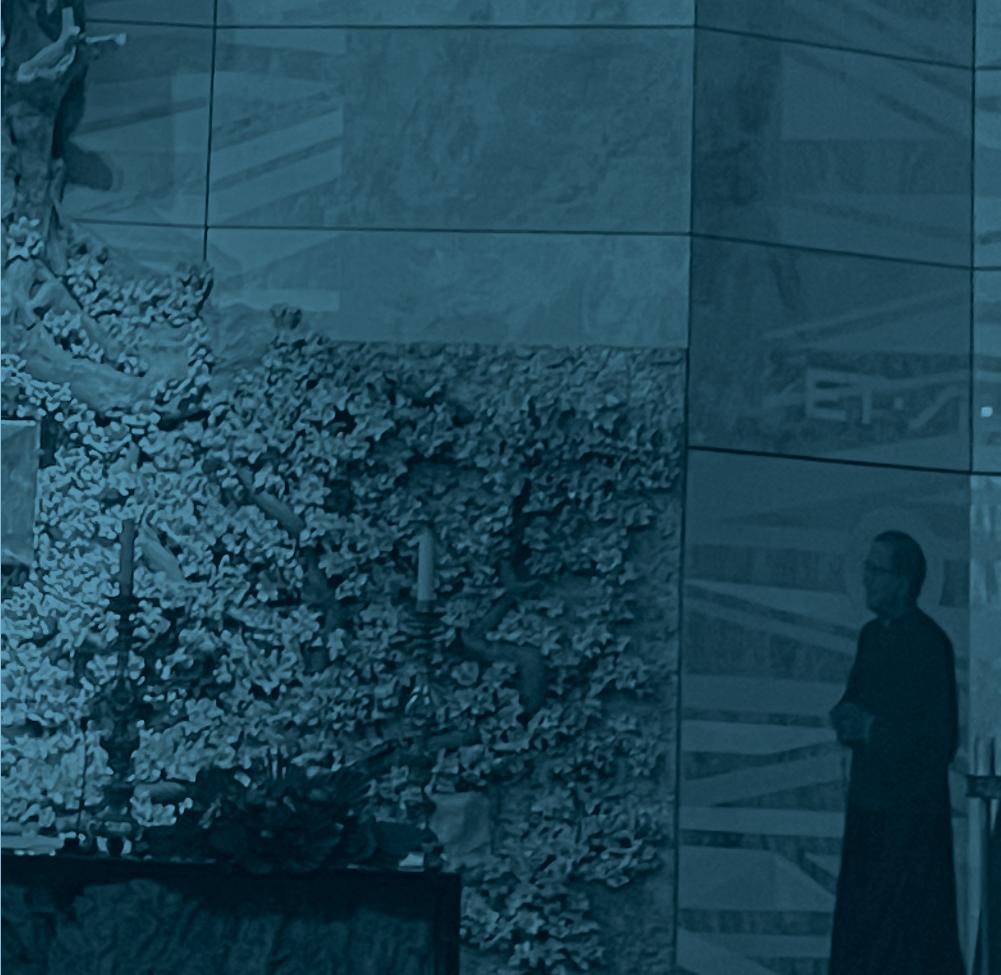Priests
Serve the Church to serve the world

Serve the Church to serve the world
Saint Josemaría Escrivá
Letter 8





The School of Theology was established 1952 1959 1960 1967 1969
According to the wishes of Saint Josemaría Escrivá de Balaguer, Canon Law and Theology have been present since the founding of the University

The Institute of Canon Law is founded
The School of Canon Law is established
The Theological Institute is founded
The Martín de Azpilcueta Institute is established; a center of scientific research dependent on the School of Canon Law
The School of Ecclesiastical Philosophy is created
The Superior Institute of Religious Sciences is born
The first edition of the General Dictionary of Canon Law. Containing more than 2,509 voices 1988 1997 2002 2004 2012
The interdisciplinary group Science, Reason and Faith (CRyF) is founded

The publication of the Holy Bible that Saint Josemaría promoted since 1972 is finished. Since then, it has been translated into English, Portuguese, Italian and French
The proclamation of Jesus Christ's message makes the priest feel the need to be filled with the Word of God, to let it settle in his mind and heart.”
Blessed Álvaro del Portillo
Writings about priesthood
Since their foundation in 1952, and in accordance with the express wishes of Saint Josemaría Escrivá, the Ecclesiastical Schools have been part of the University of Navarra. Their mission is to serve the Church and society. Their impact reaches the entire world through the more than 7,000 students who have passed through their halls. Today, seminarians formed in their classes carry out their ministry in dioceses across all five continents. 30 of their former students are bishops. Research in the fields of Canon Law, Theology, and Philosophy is reflected in publications that serve as key references for seminaries worldwide and for thousands of faithful.
The Christian identity of the University of Navarra provides an integrative approach to academic work in all areas of knowledge. It encourages professors from all faculties to promote scientific progress while drawing on the light of both faith and reason, which support each other in the task of expanding the frontiers of knowledge (University Statement of Core Values, point 5).



The Ecclesiastical Schools of the University of Navarra stand out, since their foundation, because of the quality of their investigative labour. Their contributions to the development of Theology, Canon Law and Philosophy have converted them into an international reference. Their scientific journals can be found within the most cited publications of the world in their areas of knowledge.





The professors and researchers of the School of Theology develop lines of research in the areas of Biblical Studies and Church History, as well as in Systematic Theology. Their work aims to deepen the understanding of faith and Christian life. By investigating the sources and development of Christian thought, they seek to respond to the challenges society faces in transmitting the faith. Taking an interdisciplinary approach, they study topics ranging from the Theology of Work to the intertextuality of Sacred Scripture and its reception, as well as Patristic and Medieval Theology, among many others.

The Navarre Bible
An updated translation of the Holy Bible has been carried out by the School of Theology. The primary criterion has been, above all, fidelity to the original text while preserving the expressions of the Hebrew and Greek languages. At the same time, efforts have been made to provide a fluent and intelligible
Scripta Theologica
It is the theological journal of the University of Navarra, edited by the School of Theology. Founded in 1969, it has made significant contributions to the development of theology through the writings of numerous collaborators. Its presence at the heart of the University fosters interdisciplinary dialogue with other major fields of human knowledge. The journal publishes research studies, commentaries on current issues in the Church and society, as well as biographical bulletins and literary reviews. It is published three times a year (February, June, and October).

translation for all readers. It is accompanied by spiritual commentaries and notes drawn from the teachings of the Magisterium of the Catholic Church, as well as from the Church Fathers and numerous Saints. The Navarre Bible is available in Spanish, English, Portuguese, Italian, and French.
“Theological Manuals”
Since 1994, the professors of the School of Theology have published 24 volumes covering various areas of study, including Sacred Scripture, Fundamental and Dogmatic Theology, Moral and Spiritual Theology, as well as Church History and the History of Theology. The collection aims to serve as a reference for theological studies in schools and higher theological institutes worldwide.


It is the journal of the Church History Institute at the School of Theology. First published in 1992, it releases one volume per year, with approximately 600 pages. The journal’s content includes studies, historiographies, biographies, conversations, chronicles, and reviews.

The Superior Institute of Religious Sciences (ISCR): The ISCR aims to promote the theological formation of laypeople, as well as the qualification and continuing education of Religious Education teachers. It offers in-person, blended learning, and online programs. Since its creation in 1997, it has published more than 30 manuals.


General Dictionary of Canon Law
It contains more than 2,509 voices in seven volumes. A total of 583 authors from 33 countries collaborated on this work.
Exegetical commentary on the Code of Canon Law

Scientific Publications
Ius Canonicum

It offers an extensive exegetical commentary on the entire Code of Canon Law (CIC), taking into account the authentic interpretations that have emerged and the rich doctrine that has developed since 1983. It is a five-volume work, designed to be user-friendly and easily manageable, with contributions from 116 canonists across 18 countries.
It is a general journal of Canon Law and Ecclesiastical Law. It publishes scholarly articles on all areas of canonical administration, as well as legislative texts promoted by the Holy See, the activities of the Dicastery for Legislative Texts, and rulings from the Tribunals of the Holy See, all thoroughly commented upon. Each volume also includes a section with reviews, chronicles of jurisprudence, legislation, and reports on scientific meetings.
Complete Works of Professor Javier Hervada Professor and former faculty member of the School of Law, where he served as Dean, and of Canon Law, where he was Vice Dean.
Research lines:
> Obligations and rights of the faithful
> Constitutional Canon Law and justice in the Church
> Purpose and models of governance in the Church
> Support of the Catholic Church
> Church, State and Civil Society


Canonical Collection
Started in 1959, it is composed of monographs on topics related to Canon and Ecclesiastical Law, with more than 170 titles published to date.
Martín de Azpilcueta Institute
It promotes research and the advancement of Canonical Science, the History of Canon Law, Ecclesiastical Law, and the scientific study of the legal and sociological aspects of the relations between the Church and civil society.



Research lines:
Science, Reason and Faith (CRyF)
Promotes the interdisciplinary study of questions at the intersection of science, philosophy, and religion. The group's activities include research, teaching, and outreach.
Its areas of study are:
> Origin of the Universe
> Evolution
> Order, Complexity and Purpose
> Nature and Person
> Science and Truth
> Science and Religion
Anthropology and Ethics of Vulnerability


Explores the value of human fragility as a central focus of action. Additionally, it seeks to establish a Christian philosophical framework for understanding aging, illness, and death within the narratives of human life, as well as the virtues of dependence and care. Its main topics include:
> The relevance of vulnerability in contemporary theories on human action, virtues, and natural purposes
Thomistic Thought and Christian Humanism
Some proposed research topics include the works, thought, and interdisciplinary approach of Saint Thomas Aquinas. Additionally, the Thomistic tradition, with a special focus on the 16th-century School of Salamanca and 20th-century Thomism.

Philosophical Theology
This field focuses on the study of perennial questions about God, considering how they have been addressed in the philosophical tradition while remaining attentive to contemporary approaches. Some fundamental topics include:
> Arguments for atheism: naturalism and the problem of evil
> Classical and contemporary arguments for and against divine attributes: eternity, simplicity, omniscience, omnipotence, etc.

> Metaphysical and teleological foundations versus modern and contemporary emotivism
> Social and historical factors that highlight the virtues of dependence and care
> The importance of psychobiological vulnerability in research about the common good for technologically advanced societies
> Metaphysical concepts and perspectives involved in debates on theism, including modern and contemporary modal metaphysics
> Modern and contemporary debates on the justification of religious beliefs: the rationality of God's existence and theistic arguments
> Relationships between the metaphysical conception of God and revealed theology
Publications
Scientia et Fides (SetF) is an open-access journal published twice a year. It is promoted by the Faculty of Theology of Nicolaus Copernicus University in Toruń, in collaboration with the “Science, Reason, and Faith” (CRyF) research group at the University of Navarra.





An endowment is a fund of assets that provides long-term financial support for the university’s activities in a stable manner. Its goal is to allocate an annual amount to the ordinary budget to help fulfill the university’s mission. In this way, donations have a lasting impact and ensure stable funding for activities over time.


The endowment also seeks to generate returns that preserve the long-term value of its assets. Endowments often consist of multiple sub-endowments or designated funds, such as the one supporting the Ecclesiastical Schools. This fund provides the financial stability needed to fulfill their mission of service to the Church.






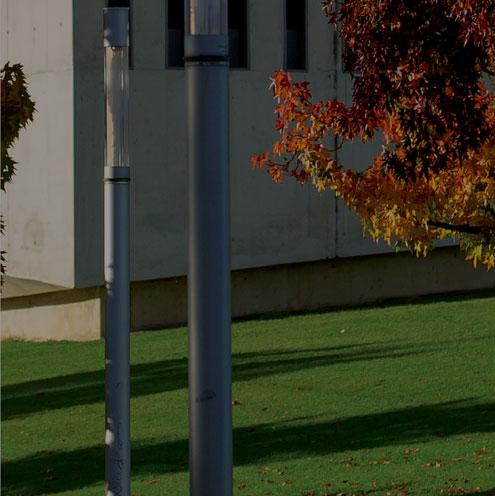
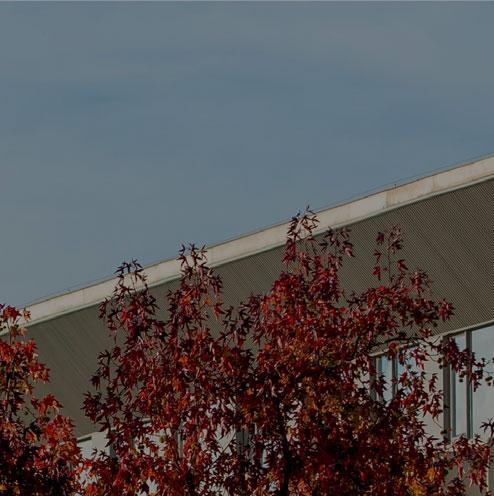
A donation to the Ecclesiastical Schools’ endowment can be made starting at 30,000€.

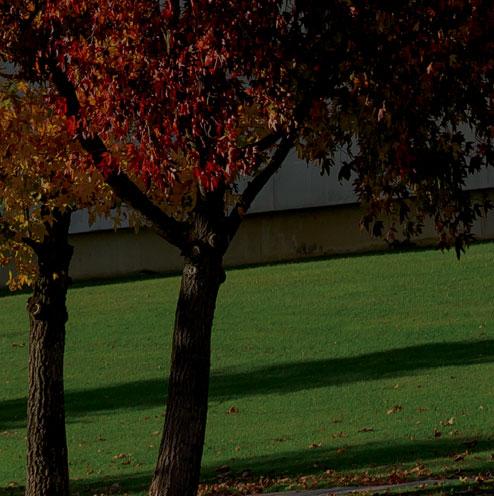



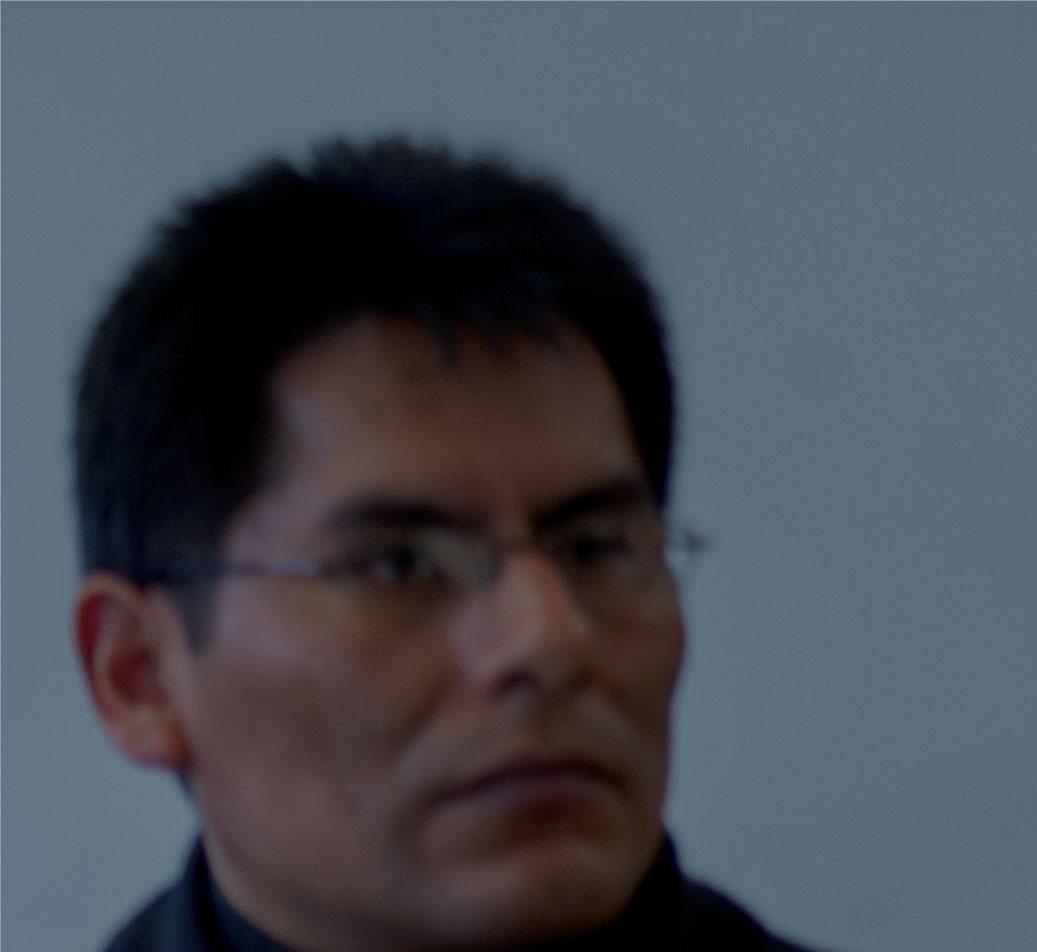
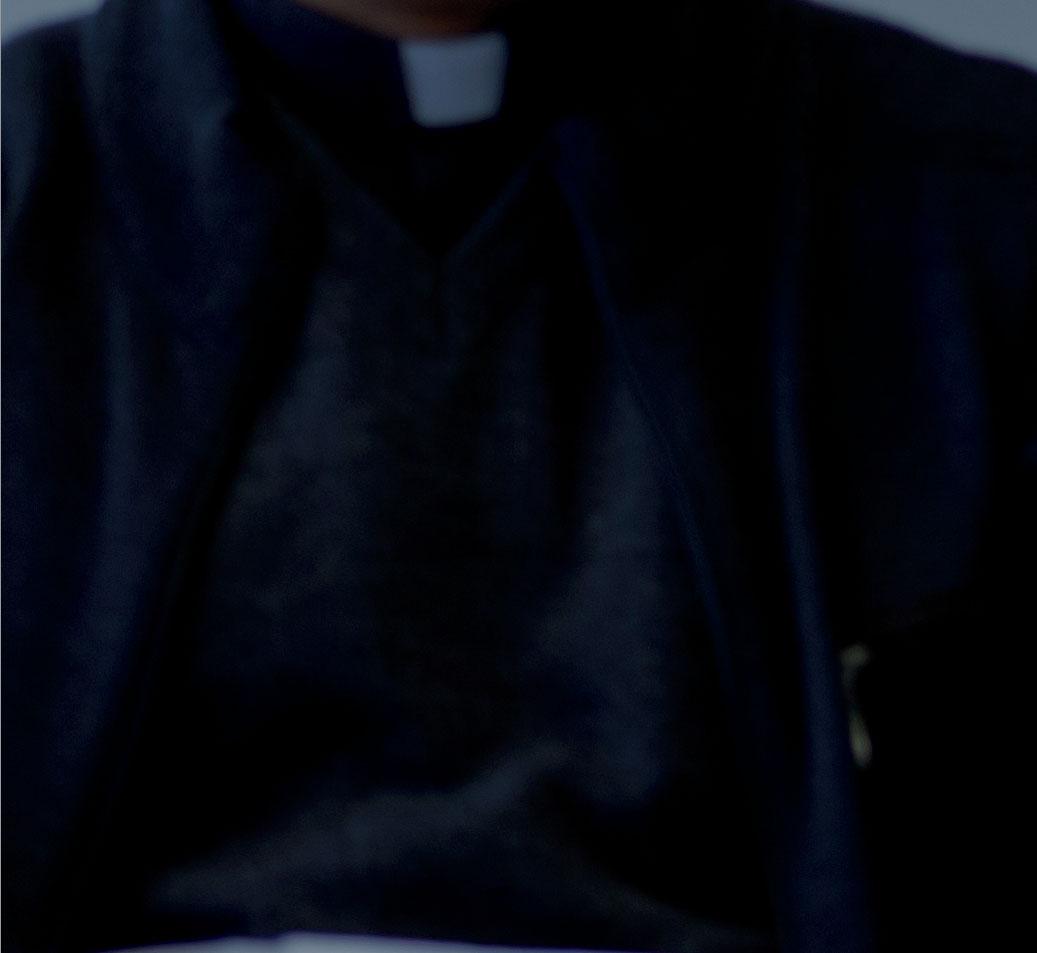
The Ecclesiastical Schools’ Perpetual Scholarships Fund reinvests a portion of the returns from the initial sum back into the fund itself to ensure its long-term sustainability, while another percentage is allocated to finance scholarships for seminarians and priests, covering their tuition as well as expenses for housing, living support, and health insurance.
In this way, when the scholarship recipient finishes their studies, the scholarship passes automatically to another priest or seminarian. It is the returns that are allocated to the scholarship, while the initial sum contributed to the fund remains. This ensures the permanent impact of the donation, both through its positive effect on seminarians and priests, and by enabling the recurrent financing of new beneficiaries.

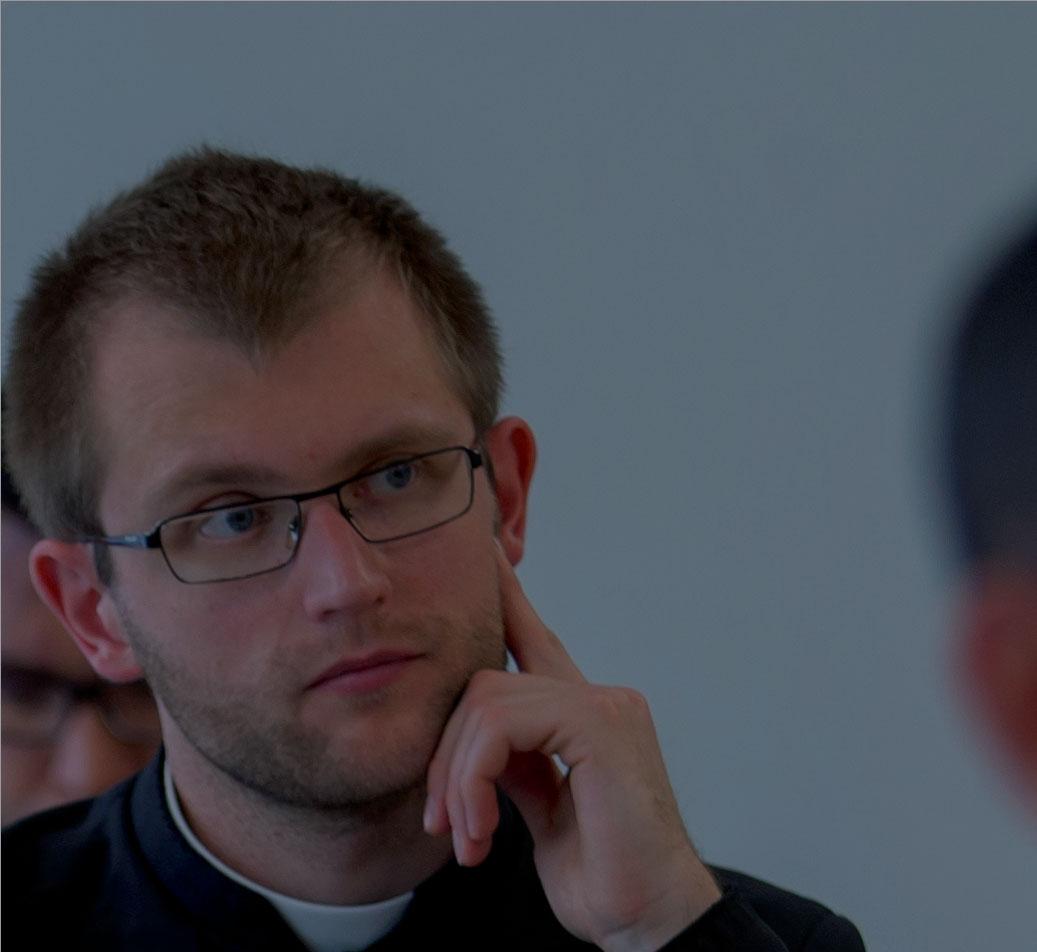
To establish a Perpetual Scholarship for the Ecclesiastical Schools, the donor— whether an individual, a foundation, or a business—makes a donation of €500,000 to the fund. With this amount, it is possible to perpetually finance the Bachelor's studies of a seminarian or the Licentiate studies of a priest. Additionally, it covers their accommodation, full board, and health insurance.
Donation: €500,000
Period: 5-7 years


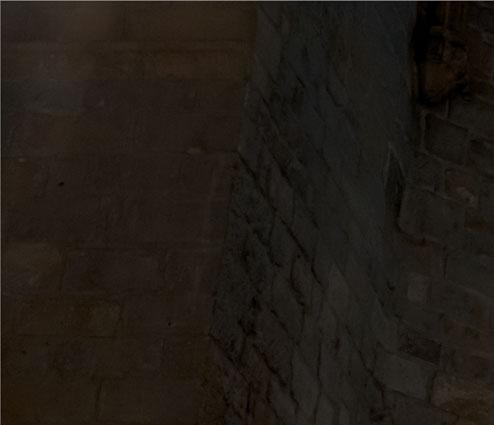


The seminarians, along with the solid academic formation they receive in the Ecclesiastical Schools, live at the Bidasoa International Seminary, which is associated with the School of Theology at the University of Navarra. There, they receive vocational support and cultivate their priestly spirit, immersing themselves in the sentiments of Christ.
It is bishops from more than 40 countries worldwide who send seminarians to receive academic, human, and spiritual formation in preparation for their future pastoral work upon returning to their home dioceses.


Likewise, bishops from all five continents send priests to further their studies through a Licentiate or Doctorate. These priests live in residences where they experience the universality of the Church daily in a fraternal environment. Both seminarians and priests are welcomed into a familial setting that enriches their pastoral formation.









Living at the Bidasoa International Seminary, 100 seminarians are pursuing a Bachelor's in Theology. Upon completing their studies, they will return to their home dioceses worldwide to be ordained priests.
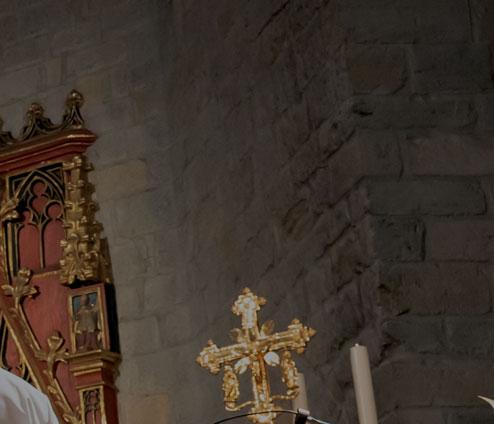
About 180 priests are furt hering their studies in Canon Law, Theology, or Ecclesiastical Philosophy to better serve their home dioceses. Their future roles include ministering in parishes, forming seminarians, and taking on various responsibilities in ecclesiastical tribunals. They live in priestly residences, where they experience a fraternal environment alongside other priests from all corners of the world.



The Ecclesiastical Schools are integrated with the other centers of the University of Navarra, which are recognized for their interdisciplinary approach. All students benefit from the social and cultural life of the campus while enjoying a truly enriching university experience.








Lungelo Halalisani Sikhakhane
South Africa. Seminarian. Theology Student
“God calls us all—men of every race, language, tribe, and nation—to be His people. The Bidasoa International Seminary stands as a witness to the Lord’s will, a reality that is lived out in a deeply evident way.”



Xiaolong Wang (Felipe)
China. Seminarian. Theology Student
“At the School and in the seminary, we receive the best formation to prepare us for the great mission ahead: the evangelization of China. It is an enormous challenge, but I am convinced that the Holy Spirit will give us the strength.”
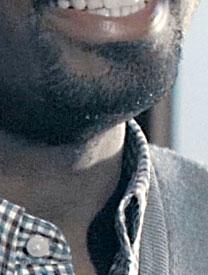






Juan Armando Méndez
Mexico. Priest. Licentiate in Canon Law
“It’s time to return to my diocese, where I will be entrusted with that first mission by my bishop. I am eager to share everything I have received, everything I have been able to pray, and everything I have learned from each person I have lived with over these years.”



Natalia Dedinsky
United States. Theology Student
“Seeing seminarians and religious sisters from literally all over the world, from countries where it’s not legal to be a Catholic. That is a really powerful call to me, to be more open and honest in my faith.”




Juan Luis Lorda Spain. Priest. Ordinary Professor of Theology


“We face the challenge of transmitting the faith and Christian life while responding to the needs of our time. It is essential to present the Christian faith in a vibrant and meaningful way. And now is a great moment to do so.”

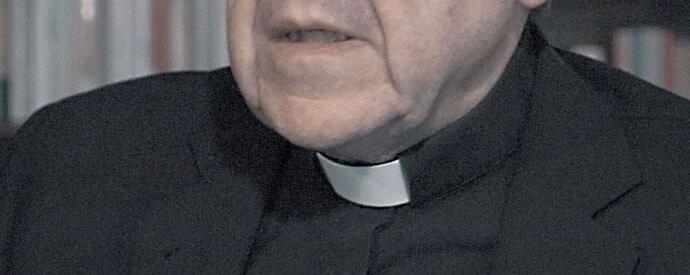

Blanca Vázquez Spain. Benefactor
“If we want to be agents of change, we must invest in education. Well-formed priests are a legacy that will endure forever. They are in the midst of the world. They will spread the message of light and hope of Christianity to every corner of the planet.”


“


Dear seminarians, the wisdom of M Spirit, always seeks, throughout tim for the formation of ordained minis the places. In this commitment, wh your standards, not to sett le, not to be passionate about the priestly life to the future with a prophetic heart
Pope Leo XIV
Meditation on the jubilee of seminarians
June 24, 2025




Mother Church, assisted by the Holy me, the most appropriate means sters, according to the needs of hat is your task? It is to never lower o be mere passive recipients, but to e, living in the present and looking rt."

